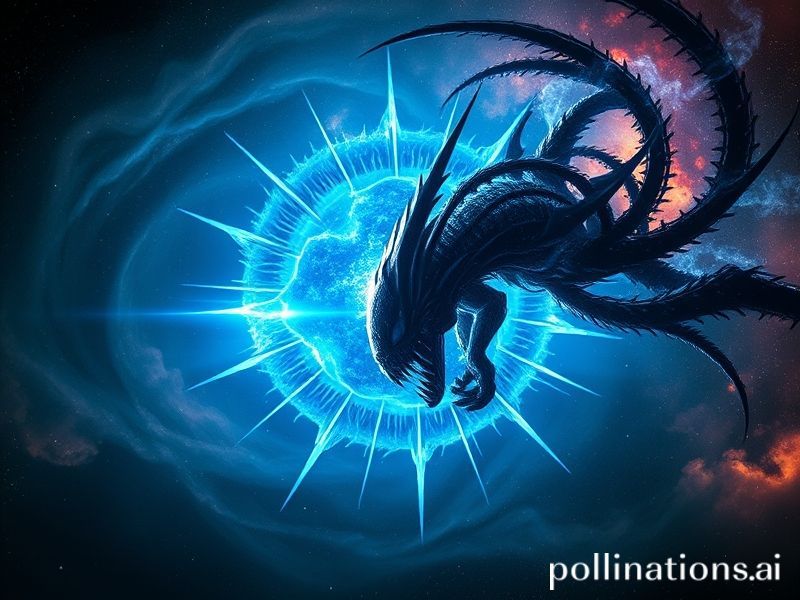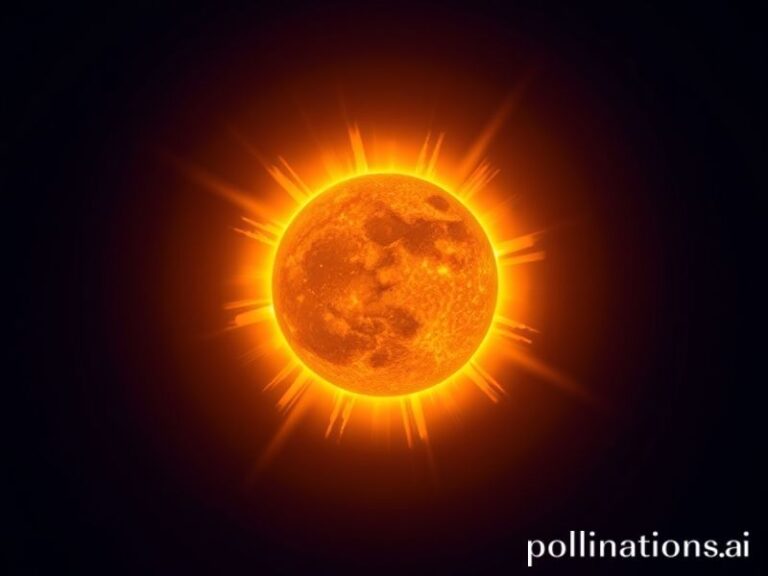Stars vs. Predators: The Cosmic Drama That’s Got the Internet Hooked
# Stars vs. Predators: The Celestial Showdown That’s Got the Internet Buzzing
Alright, folks, buckle up! We’re diving headfirst into the cosmic drama that’s got the internet more heated than a supernova. “Stars vs. Predators” isn’t just a catchy title for the next big space opera—it’s a trending topic that’s got everyone from astrophysicists to meme lords talking. So, what’s the deal? Why are we suddenly obsessed with this celestial showdown?
## The Cosmic Context
First things first, let’s break down the players in this interstellar drama. On one side, we’ve got **stars**—those dazzling, luminous balls of gas that have been the muse of poets, scientists, and Instagram influencers alike. On the other side, we’ve got **predators**—not the furry, fanged kind, but rather, the cosmic entities that lurk in the dark, ready to gobble up anything that strays too close. Think black holes, rogue planets, and other celestial troublemakers.
The trend kicked off when a series of stunning astronomical images and videos started circulating online. These visuals showcased the epic battles between stars and their predators, capturing the raw power and beauty of the cosmos. From stars being torn apart by black holes to rogue planets wreaking havoc on unsuspecting star systems, it’s like the universe decided to put on a show just for us.
## The Cultural Phenomenon
So, why is this trend blowing up now? Well, for starters, we’re living in the golden age of space exploration and discovery. With advancements in technology, we’re getting unprecedented access to the wonders of the universe. Telescopes like the James Webb Space Telescope are giving us crystal-clear views of cosmic events that were once mere speculation.
But let’s not forget the power of the internet. Social media platforms like Twitter, TikTok, and Instagram have turned complex scientific phenomena into viral sensations. Memes, GIFs, and short videos make it easy for anyone to understand and engage with these cosmic dramas. Suddenly, everyone’s an armchair astronomer, debating the fate of a distant star or the next move of a rogue black hole.
## The Social Impact
Beyond the memes and viral videos, “Stars vs. Predators” has a deeper impact on our collective consciousness. It’s a reminder of the vast, unpredictable nature of the universe and our place within it. In a world that often feels chaotic and uncertain, these cosmic battles offer a sense of perspective. They remind us that, in the grand scheme of things, our problems are pretty small potatoes.
Moreover, this trend has sparked a renewed interest in science and astronomy. People are diving into documentaries, signing up for online courses, and even joining amateur astronomy groups. It’s a beautiful thing to see the internet, often a source of division, uniting people under a shared fascination with the cosmos.
## The Significance
So, why should you care about “Stars vs. Predators”? Well, beyond the sheer entertainment value, this trend highlights the importance of scientific literacy and curiosity. It shows that even the most complex topics can be made accessible and engaging. Plus, it’s a fantastic conversation starter. Who doesn’t love a good debate about whether a black hole is more of a villain or just misunderstood?
In a world that’s always connected, trends like this remind us of the beauty and mystery that still exist beyond our screens. They inspire us to look up at the night sky and wonder what else is out there, waiting to be discovered.
## Conclusion
“Stars vs. Predators” is more than just a viral trend—it’s a cosmic love letter to our curiosity and sense of wonder. It’s a reminder that the universe is full of drama, beauty, and unpredictability, and we’re all just along for the ride. So, the next time you’re scrolling through your feed and see a video of a star being devoured by a black hole, take a moment to appreciate the spectacle. After all, it’s not every day you get a front-row seat to a celestial showdown.
—







